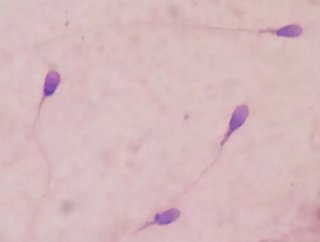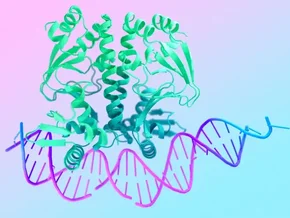Gene discovery could lead to contraceptive pill for men

A male contraceptive pill could be developed after scientists identified a gene that is critical to the production of healthy sperm.
The team, from the University of Edinburgh in Scotland, UK, were investigating the Katnal1 gene and discovered that blocking it could result in temporary infertility.
It is now hoped a contraceptive pill could be developed to stop the production the gene, but causes no long term damage.
The move has been praised by fertility experts, who say there is definitely space in the market for such a product.
To read the latest edition of Healthcare Global, click here
- UK confirms rabies case following dog bite
- WHO to launch polio emergency plan to eradicate the diesase
- Provision of healthcare services rising in Indonesia
The research, which was carried out at the university’s Centre for Reproductive Health, was initially focusing on the causes of infertility in men.
They altered the genetic code in mice to see which ones became infertile, and then traced the cause of the infertility, which directed them the Katnal1 gene.
Commenting on their findings, one of the researchers, Dr Lee Smith, told BBC News: “If we can find a way to target this gene in the testes, we could potentially develop a non-hormonal contraceptive.
“The important thing is that the effects of such a drug would be reversible because Katnal1 only affects sperm cells in the later stages of development, so it would not hinder the early stages of sperm production and the overall ability to produce sperm.”
Meanwhile Dr Allen Pacey, an andrology lecturer, also said to the BBC: “The key in developing a non-hormonal contraceptive for men is that the molecular target needs to be very specific for either sperm or other cells in the testicle which are involved in sperm production.
“If they are not, then such a contraceptive could have unwanted side effects on other cells and tissues in the body and may even be dangerous.
“The gene described by the research group in Edinburgh sounds like an exciting new possible target for a new male contraceptive, but it may also shed light on why some men are sub-fertile and why their sperm does not work properly.”
As well as developing a male contraceptive pill, there are also hopes the discovery could help to develop treatments for infertility.
The results of the study have now been published in Plos Genetics.
The Healthcare Global magazine is now available on the iPad. Click here to download it.






